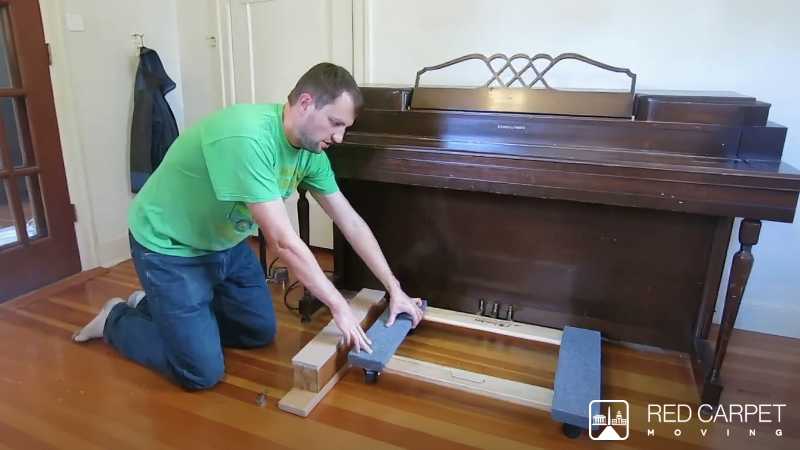An interstate move involves relocating across state lines, often covering long distances that require more coordination than a local move.
It means adjusting to new surroundings, dealing with extended travel times, and organizing the safe transport of all your belongings.
Due to these additional factors, moving interstate can be overwhelming. However, careful planning and steady execution make the process more manageable.
Making long-distance moves easier
Here are practical approaches that can take the strain out of relocating across states.
1. Select a reputable moving company
Choose a moving provider with verified experience, full insurance coverage, and strong customer feedback. Prioritize companies that handle packing, transport, and unpacking to avoid managing multiple vendors.
Request written quotes, verify credentials, and review claims procedures to safeguard your belongings during long-distance relocation.
2. Declutter before you move
Streamline belongings before packing: sell, donate, or dispose of anything unnecessary. A reduced load cuts costs and saves time during both packing and unpacking.
Thoughtful decluttering also eases the transition and prevents unwanted items from cluttering your new space.
3. Use high-quality packing supplies
Invest in sturdy boxes, heavy-duty tape, bubble wrap, and furniture covers. Cheap or damaged containers can fail during transit, causing breakage.
Professional movers often supply superior materials; if not, buy quality supplies to keep fragile and valuable items protected throughout the journey.
4. Pack room by room
Pack one room at a time to stay organized and monitor progress. Start with seldom-used areas and leave daily essentials for last so you can function at home while packing.
Group items logically and keep an inventory list to avoid misplaced belongings when unpacking.
5. Label boxes clearly and consistently
Label each box with its contents and the corresponding destination room, using large, clear handwriting or color-coded labels. Mark fragile items and those to be opened first.
A consistent labeling system helps movers place boxes correctly and allows you to find priority items quickly upon arrival.
6. Disassemble furniture where possible
Break down large furniture into manageable pieces to save space and reduce damage risk.
Keep screws and fittings in labeled bags, taped to the corresponding piece, and photograph complex assemblies before disassembly to simplify reassembly at the new location.
7. Consider professional packing services
If time or confidence is limited, hire professional packers for fragile, valuable, or awkward items. Experienced packers wrap, cushion, and load goods efficiently, thereby reducing the risk of damage and speeding up the move.
Compare full and partial packing options to find the best match for your budget and needs.
8. Protect valuables and important documents
Keep passports, titles, legal documents, jewelry, and small electronics with you rather than loading them on the truck.
Store these items in a clearly labeled bag or box that travels in your vehicle to minimize risk and ensure access when needed.
9. Plan for pets, children, and timing
Arrange care or separate travel for pets and young children on moving day to reduce stress.
Confirm pickup and delivery windows with your mover and build a buffer time into your schedule to account for potential delays due to weather or traffic, ensuring your plans remain on track.
10. Prepare an essentials box
Pack an essentials box with toiletries, chargers, basic kitchenware, bedding, and a change of clothes to use on arrival. Label it ‘Open First‘ so you can settle comfortably the first night and avoid rummaging through multiple boxes when you’re exhausted.
Having it ready keeps you organized and helps you start fresh in your new place without added stress.
Should you hire a professional mover
Hiring a professional mover can save time, energy, and stress, especially when relocating across states. Movers bring experience in handling bulky furniture, fragile items, and logistics that might overwhelm you if attempted alone.
While the service adds to your costs, it may be worth it if you have a tight schedule, limited help, or valuable belongings that require extra care and attention.


